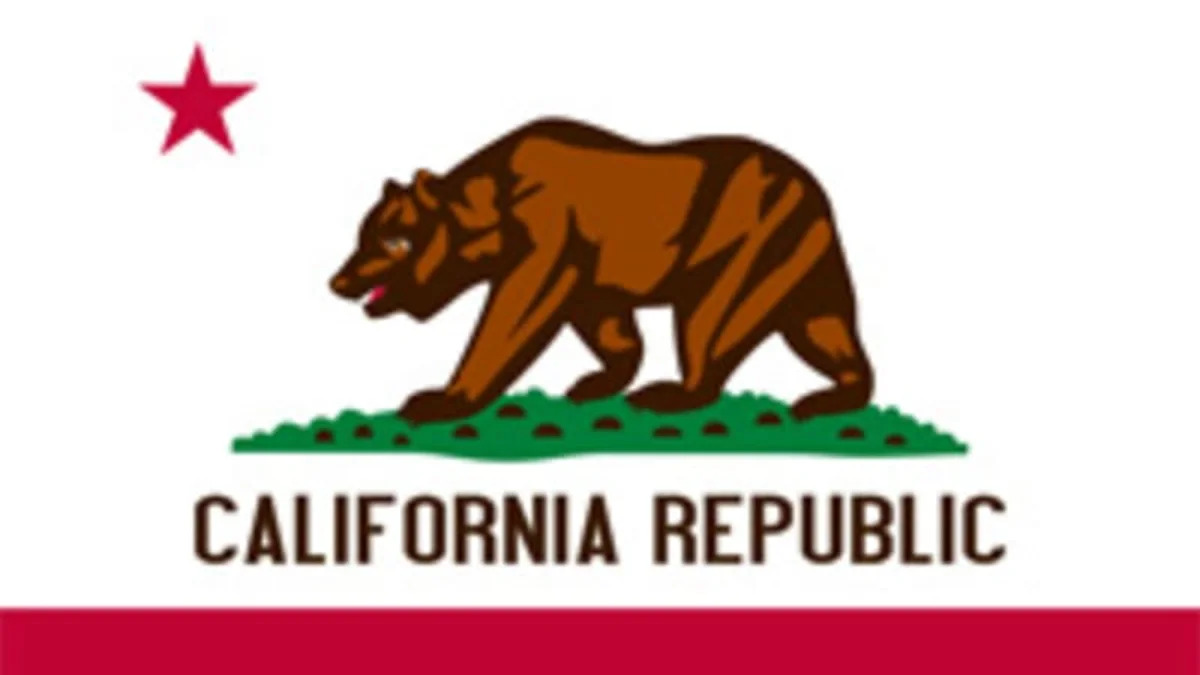Any celebration over having passed a new national energy bill with requirements to raise Corporate Average Fuel Economy standards to 35 mpg by 2020 was instantly tempered when the EPA denied the right of California and 16 other states to set their own emissions standards. California governor Arnold Schwarzenegger immediately vowed to fight back and sue the EPA over its decision.
It does seem a little odd that after opposing any kind of raise in CAFE standards, the auto industry suddenly got in line and unanimously offered its support for the version of the bill that was passed, especially after the EPA made its decision that seems to favor the interests of the auto industry over protecting the environment.
The situation seems odd enough that Congress has decided to get involved. The House Oversight Committee yesterday requested any and all internal and external communication from the EPA involving the decision it made to deny states the right to set their own emissions standards. The decision itself came down to EPA administrator Stephen Johnson, who some report ignored the unanimous recommendation of his own advisors in turning down California's request.
Read our own analysis after the jump.
[Source: The Detroit News]
Truthfully, we actually agree with the EPA's decision to unify the nation's emissions standards, though we don't think the EPA should've been the agency thrown under the bus. If states were allowed to set their own emissions standards, imagine how difficult it would be for automakers to potentially produce 50 versions of the same car to sell. Even if only a few distinct standards arose, the cost would still be astronomical. That money could be better spent keeping people employed and developing cleaner technologies. Secondly, it's one thing for states to exercise their own power, but the California Air Resources Board, as much good as it's done for the state, should not have the power to dictate the environmental policy of a nation. Unfortunately, we understand that many believe the new national emissions standards aren't strong enough, not nearly as strong as what California wants to adopt (a 30-percent reduction in vehicle tailpipe emissions by 2016). But it is what it is: a major step forward. If it came at the expense of states' rights, in this instance we're OK with that.
It does seem a little odd that after opposing any kind of raise in CAFE standards, the auto industry suddenly got in line and unanimously offered its support for the version of the bill that was passed, especially after the EPA made its decision that seems to favor the interests of the auto industry over protecting the environment.
The situation seems odd enough that Congress has decided to get involved. The House Oversight Committee yesterday requested any and all internal and external communication from the EPA involving the decision it made to deny states the right to set their own emissions standards. The decision itself came down to EPA administrator Stephen Johnson, who some report ignored the unanimous recommendation of his own advisors in turning down California's request.
Read our own analysis after the jump.
[Source: The Detroit News]
Truthfully, we actually agree with the EPA's decision to unify the nation's emissions standards, though we don't think the EPA should've been the agency thrown under the bus. If states were allowed to set their own emissions standards, imagine how difficult it would be for automakers to potentially produce 50 versions of the same car to sell. Even if only a few distinct standards arose, the cost would still be astronomical. That money could be better spent keeping people employed and developing cleaner technologies. Secondly, it's one thing for states to exercise their own power, but the California Air Resources Board, as much good as it's done for the state, should not have the power to dictate the environmental policy of a nation. Unfortunately, we understand that many believe the new national emissions standards aren't strong enough, not nearly as strong as what California wants to adopt (a 30-percent reduction in vehicle tailpipe emissions by 2016). But it is what it is: a major step forward. If it came at the expense of states' rights, in this instance we're OK with that.


Sign in to post
Please sign in to leave a comment.
Continue